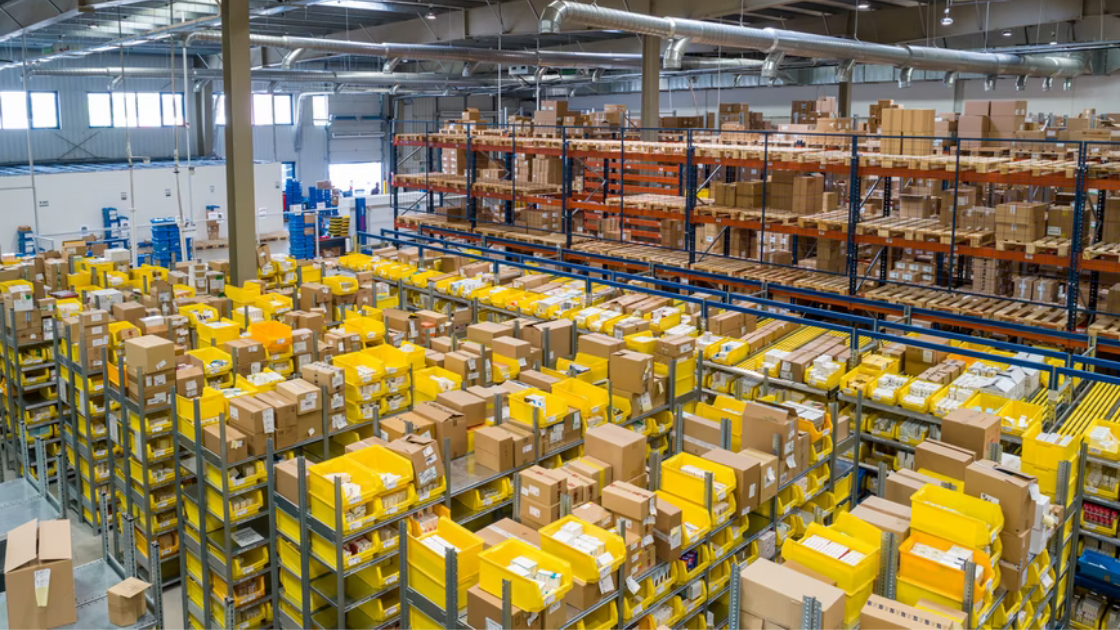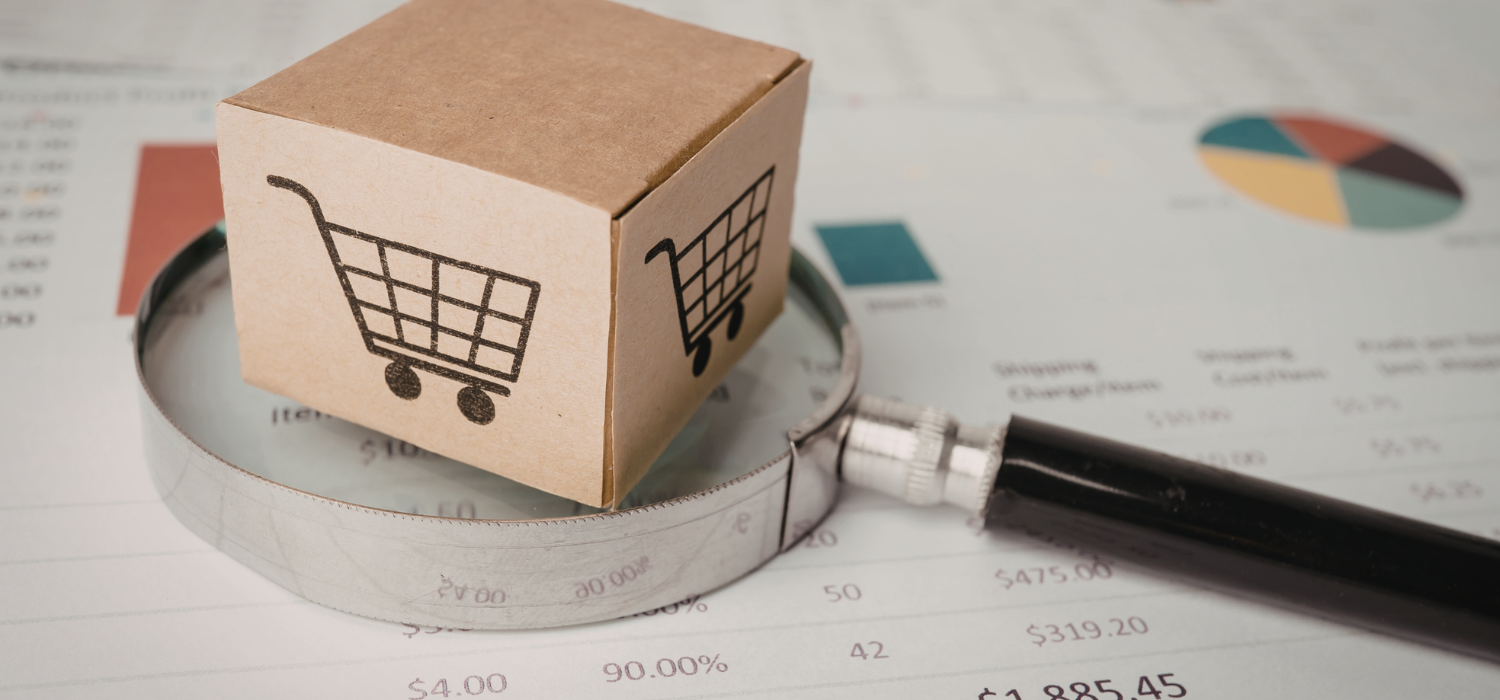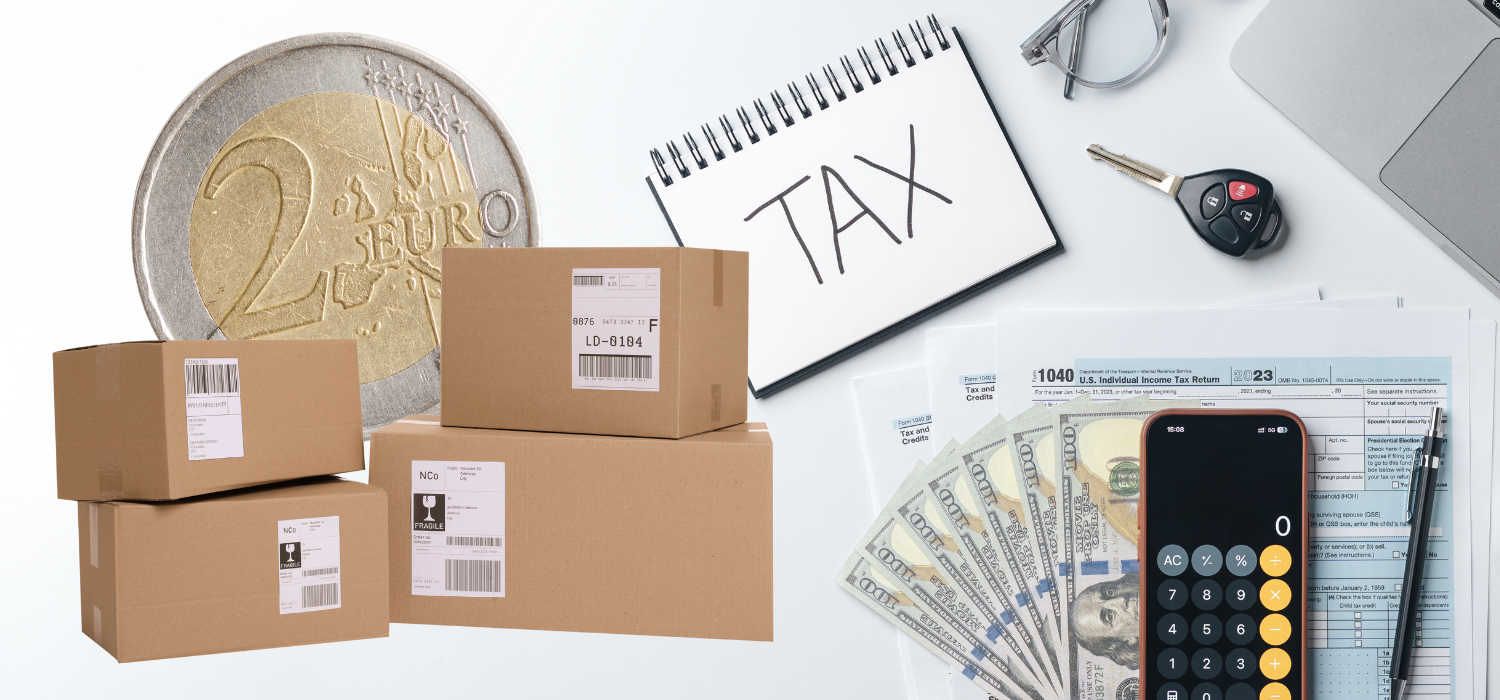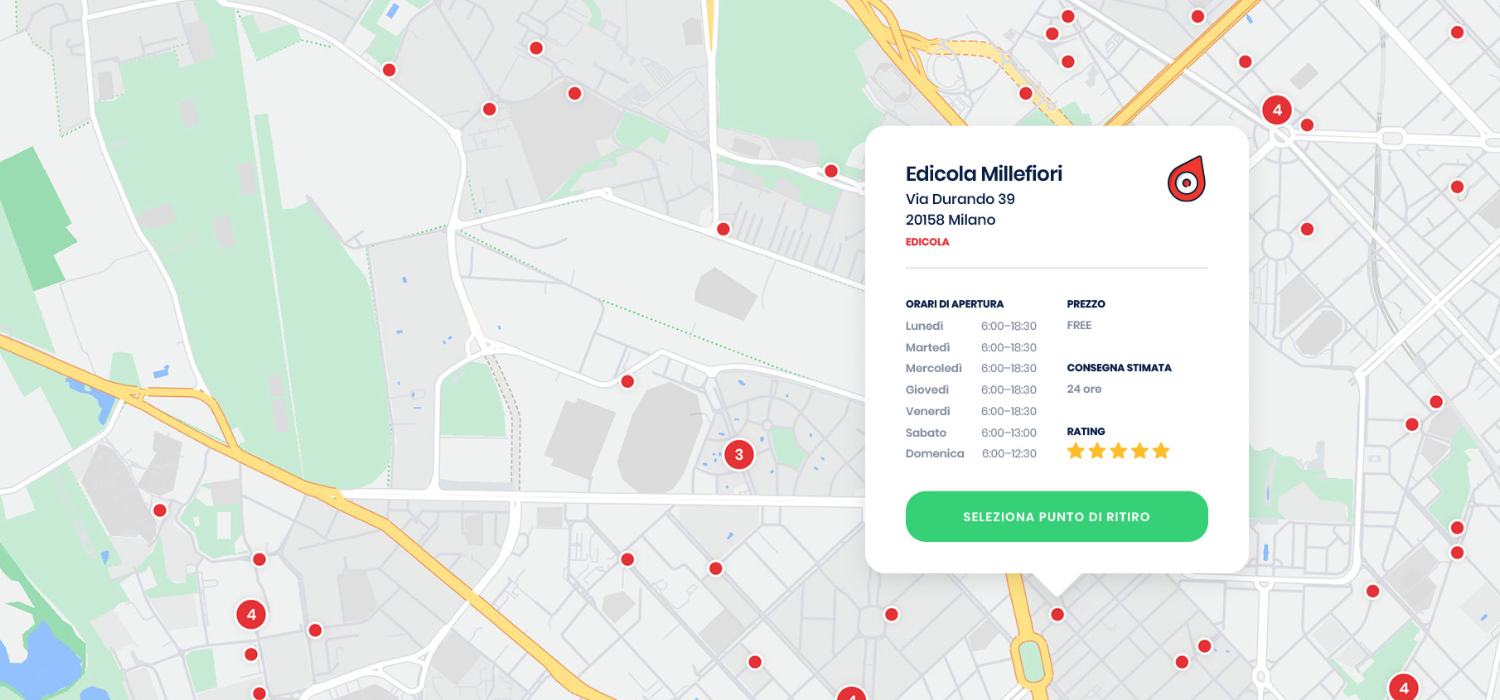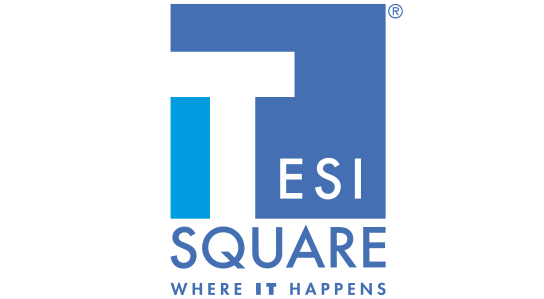Innovation in the field of eCommerce runs ever faster, so much so that today we are already talking about q-commerce or quick-commerce, i.e. commerce based precisely on fast deliveries.
Underlying the success of this business model are the so-called dark stores, proximity warehouses located at strategic points in cities and organised as if they were shops – closed to the public, of course – so that logistics operators can prepare the order and deliver it within a few tens of minutes. According to a definition provided by Forbes, dark shops are “former retail shops converted into warehouses“. We have already explained how many companies, especially in the fashion industry, are converting their stores into eCommerce hubs to cope with the increase in online sales and the decline in retail sales.
The new realities of q-commerce
More and more brands and especially many start-ups are therefore investing in this sales model based on a rapid response to customer needs. The large-scale retail sector is seeing the most success with the now well-known Glovo, Gorillas and Getir, which have opened several dark stores in major Italian cities, while some start-ups are focusing on the delivery of more specific products, such as beverages. This is the case of Winelivery, an app for the delivery of alcohol and soft drinks directly to your home in less than 30 minutes and now present in more than 70 cities; but also of Bibo, a digital wine cellar that recently announced the opening of its first dark stores and the launch of its service in Rome and Milan.
How cities are changing with dark stores
Dark stores are therefore changing our cities, and this is confirmed by data from the Borsino Immobiliare della Logistica, the report on the logistics market by the Research Department of World Capital in collaboration with Nomisma, which shows a constantly growing demand in all prime locations, such as Milan, Bologna and Rome, and above all a particular focus on Data Centres and Dark Stores, both trends to be attributed to the development of eCommerce (and q-commerce). “In order to cope with the constant growth of online orders,” reads Borsino Immobiliare, “many stores are reorganising their logistics chain by introducing different solutions to manage orders and their distribution, especially in cities.
The impact of Dark Stores on environmental sustainability
Yet, not all cities seem to appreciate the development of this phenomenon. Indeed, the city council of the city of Amsterdam has put a stop to the opening of dark stores in residential areas and city centre streets at the beginning of 2022 and for the next 12 months. The stop is aimed in particular at stores in the food delivery sector with the aim of avoiding the multiplication of scooters – and thus of traffic and pollution – for last-mile deliveries from dark stores. In the centre of Amsterdam alone there are in fact at least 31 active dark stores, all of which have sprung up within the last year.
The sustainability factor is therefore not to be underestimated: let us not forget that 42% of Italian e-shoppers are willing to pay more for an environmentally friendly delivery (SendCloud data).
Solutions for a more sustainable model
1) Riders and electric vehicles
One solution to the pollution problem linked to last-mile deliveries, including those from ‘dark warehouses’, could therefore be to use electric vehicles or riders for deliveries, considering the short distance between these urban hubs and the final recipient of the products.
2) Consumer awareness
Again from the point of view of sustainability, we cannot fail to emphasise the importance of raising consumer awareness of the risks to the viability of the entire logistics system by drastically reducing delivery times. In fact, the exponential increase in online orders and the ever-increasing demands of users risk putting a strain on the entire supply chain. A not inconsiderable challenge for logistics, especially last-mile logistics, which needs to be rethought and reorganised also with the help of new technologies.
3) Decoupling and Parcel Collecting
A further service to support shippers and logistics operators are the so-called decoupling buffers, intermediate inventories of materials, components and finished products that help to avoid the ‘whiplash effects’ of the system, guaranteeing continuity and speed in the supply of materials and components. A considerable amount of energy that is normally wasted with last-mile transport could be saved precisely by bringing goods to these urban hubs, which are closer to the point of consumption and therefore an ideal solution for reducing the emissions associated with last-mile deliveries and optimising deliveries through parcel collecting.
Thanks to GEL Proximity technology, you can integrate urban spaces where you sort parcels to make delivery to your customers more efficient. Our software provides logistics operators and carriers with a variety of last-mile solutions, including the decoupling of goods to their last-mile delivery at thousands of Pick-up Points.
If you are interested in our service or need more information, you can contact us.
